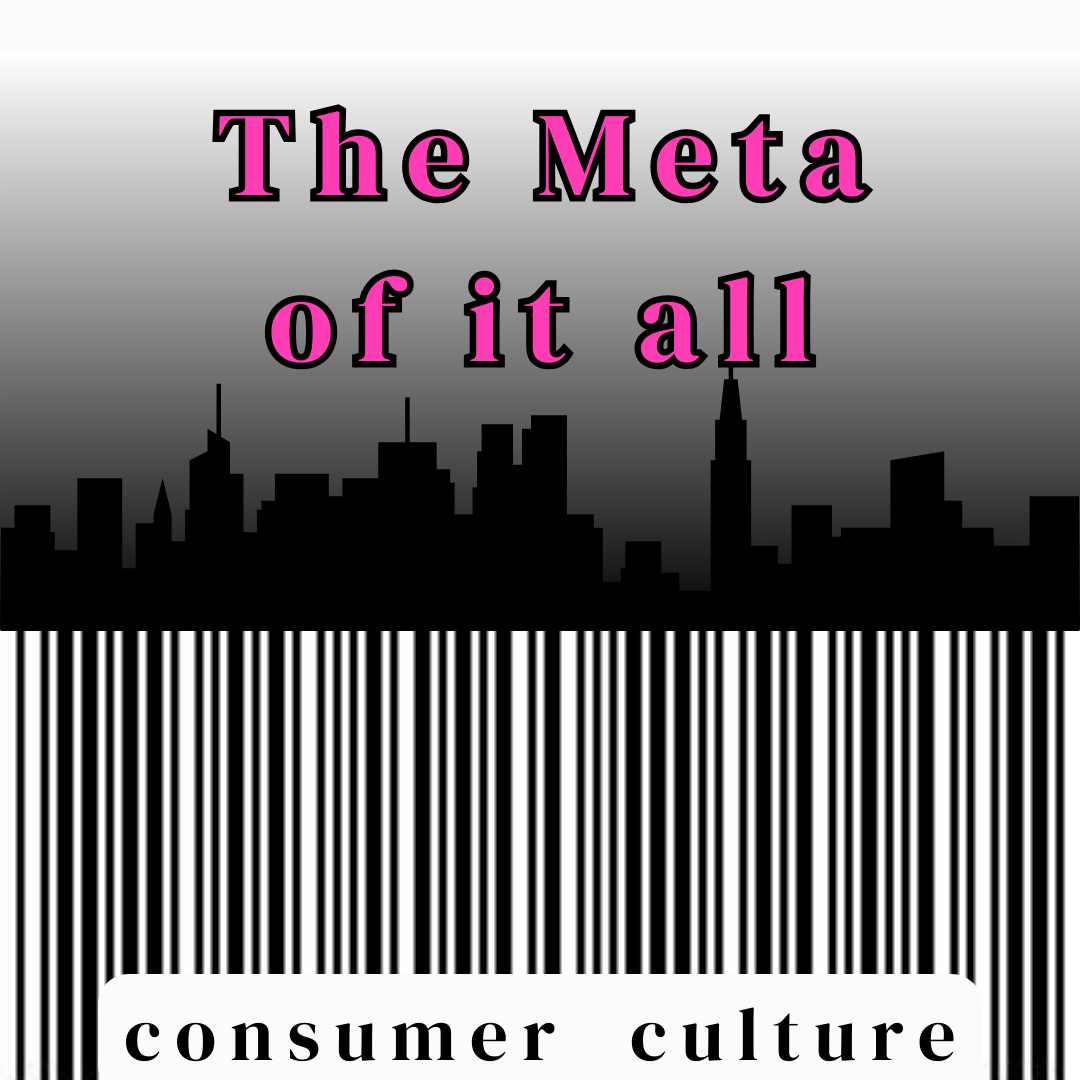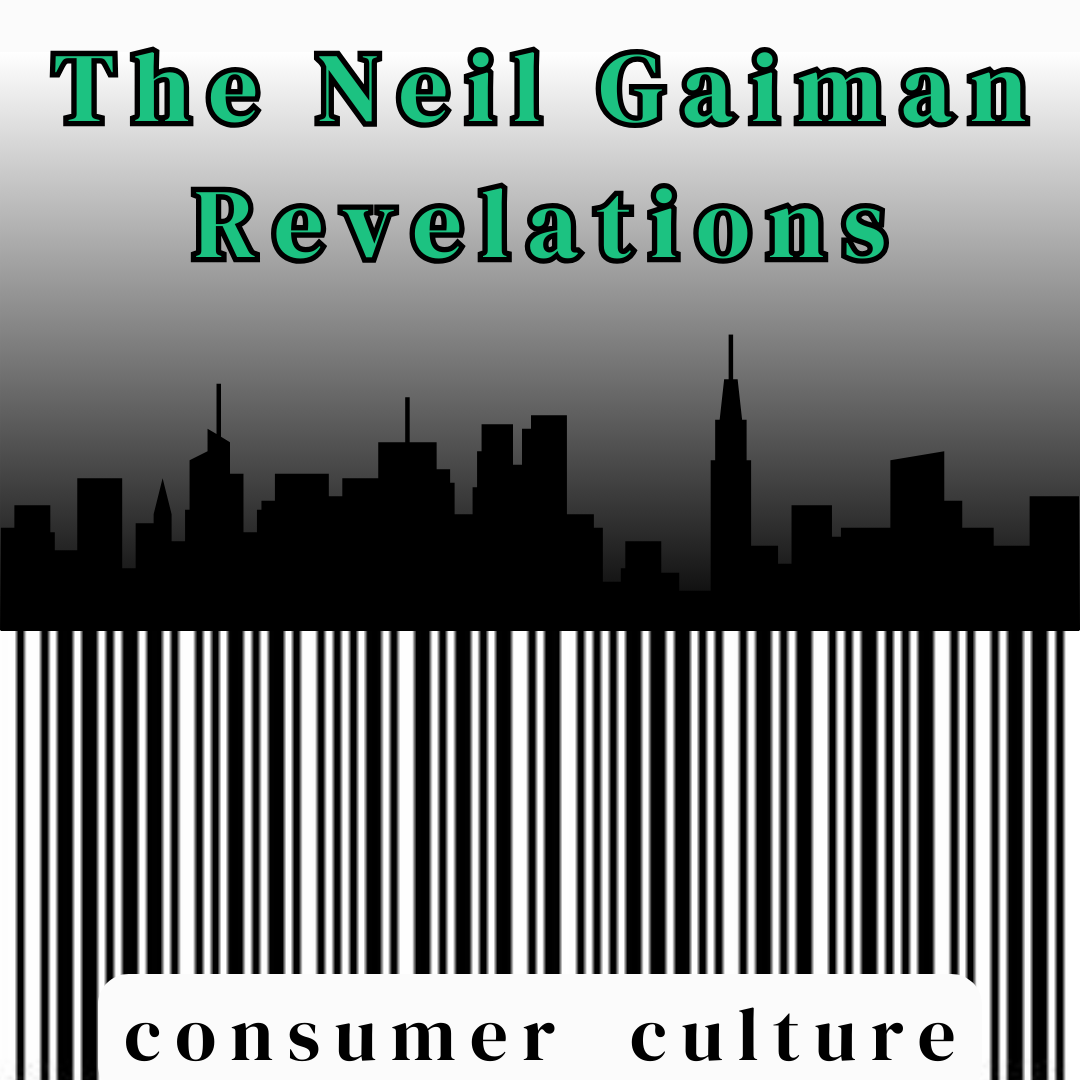KAYLA DRAKE | A&E Editor
Picture this: Sally, a freshman in college, sits down for her first lecture at her university. She is excited, but nervous for what the professor has in store.
“Professor,” she thinks. “That sounds so awkward to say. Goodbye are the simple ‘teacher’ days.”
Butterflies are forming in Sally’s stomach as her professor enters the class and greets them.
“Good morning and happy first day of the semester, class,” he says.
But after the introductions, things take a turn for the worse: The professor lectures for the entire hour by a PowerPoint.
This issue that poor Sally and sadly most college students experience makes me want to use 15 exclamation marks to prove my point after each statement, as if I could further prove it. But I will use self-control and refrain from that, because I believe you will find these points to be quite logical.
PowerPoints encourage over-reliance on professors and discourage critical thinking in students. They breed laziness because students now expect information to be spoonfed to them — that is why students do not have an inherent issue with PowerPoints.
From a business perspective, it would be unwise for the university to enforce no PowerPoints because students would be upset that they have to apply their knowledge. But as an educational institution, there should be a movement to bring analytic thinking back.
Learning is not cut and paste; it is not reciting slideshow definitions. There is not a problem to solve with a PowerPoint. If students are not applying their knowledge, then there will be no learning taking place. Professors, please stop killing students’ eureka moments and bring books back (even if it takes more effort).
Contrary to PowerPoint belief, professors are not supposed to give you all the answers; they are supposed to make students think. PowerPoints hurt the learning process because it takes the process out of learning. You might be thinking, “I agree, but this takes a lot more effort,” and you are right. But don’t you want to buy into your education from your classmates and professors?
PowerPoints clearly should not be allowed in high academic settings because they encourage apathy toward education and oversimplify information.
This route, not using PowerPoints, prepares students for careers in the real world. Often the hardest classes I hear my friends complaining about are the ones that demand critical thinking and take away the crutches of PowerPoint lectures. If you are expecting PowerPoints to be a regular occurrence in your job, you will sadly be mistaken.
PowerPoints are not realistic; in the business world, project does not mean “muster up a Prezi.”
Universities need to start showing that they are as committed to our education as they are to their business. And now I plead with all the textbook manufacturers out there: Please stop sending CDs with the awful PowerPoints to professors. You are an enabler of a systemic problem.
Inspiration for this opinion came from an article published on Business Insider.









